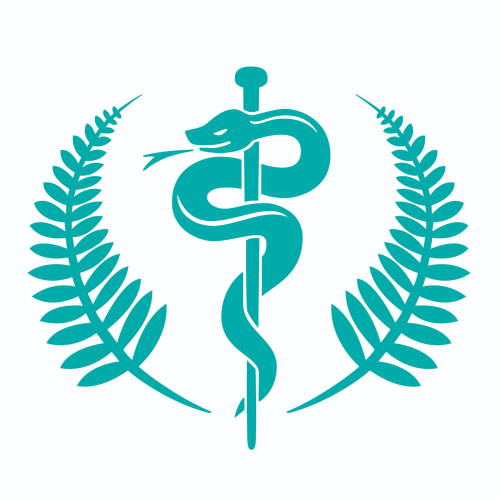He Paerewa a Te Kaunihera | Council Standards
 Council has revised Treating yourself and those close to you, taking into account your feedback.
Council has revised Treating yourself and those close to you, taking into account your feedback.Earlier this year we sought feedback on the draft statement on Treating yourself and those close to you. A wide range of submissions was received from key stakeholders across the profession and some common themes emerged.
1. Allowance for intermittent management of minor ailments
Profession feedback | A major concern for doctors in the context of Aotearoa New Zealand’s current workforce crisis was the difficulty in obtaining a GP appointment for minor ailments.
Council response | Council has taken a reasoned approach in paragraph 6 of the revised Statement: ‘Exercise your professional and clinical judgement when managing one-off minor ailments that you or those close to you may have.’ Please remember this still applies, including the importance of notifying the relevant GP of the outcome of any care that you have provided. For example, if you treat your child with flucloxacillin for a minor skin infection, ensure that you keep accurate clinical records that reflect the nature of the consultation with your child, and ensure that a copy of this record is sent to your child’s GP.
2. Challenges faced by doctors in rural, remote, and under-served communities
Profession feedback | A common theme in the consultation feedback was the concern expressed by rural doctors where their patients often become their neighbours, friends, and family.
Council response | This is addressed in paragraphs 10-12 of the revised Statement. Council asks that you ‘ensure that any treatment you provide occurs in a professional/clinical setting’, be ‘alert to relationships evolving over time’, and ‘adopt a low threshold for referring these patients to another doctor’. These standards are in place to protect doctors and patients from situations where professional judgement may be compromised by personal proximity to the patient. For example, if you are a doctor in a remote rural setting and your relative and patient discloses a significant mental health condition, it would be prudent to refer them to the GP in the nearest town for telehealth or in-person continuing medical care, as your own judgement could be impaired.
3. Emergency situations
Profession feedback | It was thought that doctors should have the flexibility to apply their clinical judgement when responding to emergencies involving those close to them.
Council response | Council accepts that, in an emergency, doctors may need to prescribe and/or dispense controlled drugs. This minor change is made in paragraph 14 of the revised Statement: ‘The only exception to prescribing or administering the types of medications listed at paragraph 13g-i is in an emergency’ and ‘you should only prescribe or administer enough medication to meet any immediate needs.’ For example, if someone close to you has fractured a limb and is awaiting the ambulance, you may need to prescribe morphine to provide immediate pain relief. Council does not consider providing a family member with repeat prescriptions for their long-term controlled drugs as an emergency, even if they have ‘run out for the weekend’. Please apply common sense and only prescribe where a genuine emergency exists.
4. Recognition of the generally good judgement of doctors
Profession feedback | Consultation feedback on the draft Statement revealed concerns that Council treats ‘all doctors’ as ‘criminals’ and is too prescriptive and authoritarian.
Council response | Please be reassured that Council takes a common-sense approach in its application of professional standards, as reflected in the introduction and paragraph 4 of the revised Statement: ‘Council recognises that doctors generally exercise good clinical and professional judgement when faced with situations where they have to decide whether to treat themselves or someone close to them’ and ‘Think carefully before you treat yourself or someone close’. The Council’s purpose under the Health Practitioners Competence Assurance Act 2003 is to uphold the well-being and safety of patients. You and those close to you are patients, too, and deserve the same standards applied to your and their well-being and safety as every other patient in New Zealand.
5. Position on management of chronic medical conditions
Profession feedback | It was thought that the restrictions on managing chronic conditions for themselves or those close to them could be challenging, particularly when immediate access to a GP is limited.
Council response | Council’s position on management of chronic medical conditions has not changed.You and those close to you are expected to have your own GP. Paragraph 13.d. of the revised Statement outlines that ‘you must not provide recurring treatment or ongoing management of an illness or condition’. This reflects Council’s common-sense approach to isolated instances where care is provided. For example, if your spouse has an acute exacerbation of chronic obstructive airways disease while you are on holiday, it may be appropriate to provide them with episodic medical care in that instance and ensure that your consultation notes are sent to your spouse’s GP, with their consent. However, it is not appropriate to provide your spouse with repeat prescriptions, antibiotics, and steroids on an ongoing basis for repeated exacerbations, as this would be in breach of paragraph 13.d. of the revised Standard.
🧷 You can access the revised statement on our website [here].
